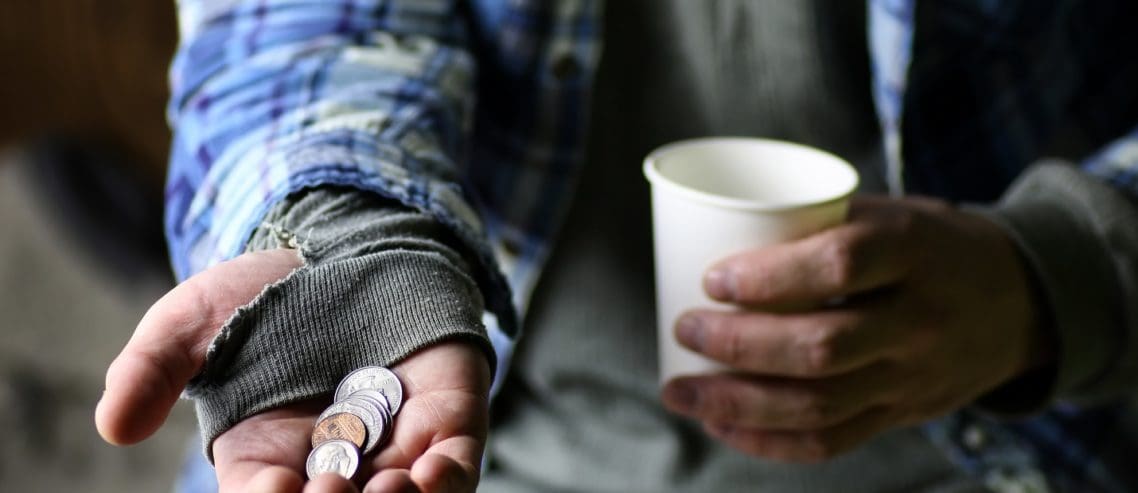The Connection Between Addiction and Homelessness
Homelessness is something that’s often thought to affect people who become addicted to drugs. However, substance abusers are not the only ones who become homeless. In fact, many addicts are not homeless at all, but the situation goes much deeper than the commonly accepted stigmas surrounding addiction. Let’s explore the issue of drug addiction and homelessness.
Homelessness and Its Causes
The National Alliance to End Homelessness offers several drug and homelessness statistics, including the fact that, on any given night, 553, 742 people are without a secure place to stay.1 While specific numbers for addicted individuals are not readily available, a known fact is that the most prevalent cause of homelessness among single adults is substance abuse.
Addicts are more prone to loss of shelter due to their lack of funds as well as the deterioration of relationships.
Those who are not addicts when they become homeless may become addicts as the result of living on the streets, where drug use is widespread. They may also start using drugs to self-medicate in instances where mental illness, or they take drugs to cope with the stress of living on the streets.
Resources for Homeless People
Community health centers and free health care clinics exist for those who may not qualify for Medicaid, ACA subsidized coverage, or CHIP. This allows homeless individuals to receive the medical treatment they need. Emergency food programs, including food pantries and soup kitchens, can help homeless individuals receive nourishment, while organizations like Goodwill can assist homeless individuals with obtaining clothing.
Hospitals and emergency rooms often treat those who are homeless, but there are other resources which can help as well. Many homeless shelters will provide both a place to stay for the night and counseling, which can help the individual on the road to healthier living. It’s a common practice for homeless shelters to administer drug testing because it allows them to gauge an individual’s dedication to becoming sober.
Other resources include case managers, with whom individuals can be connected via public health agencies. These individuals can also assist in finding needed resources.
What You Can Do for a Loved One Who Is Abusing Drugs
The most important thing to do for your loved one is to identify and confirm the signs of drug abuse. These include mood changes, a messy appearance, loss of interest in work or school, and defensive or hostile behavior. Share your concerns with family members and friends, and then contact professionals who make it easy to obtain treatment and receive the care they need.
Retreat Premier Addiction Treatment Centers offer personalized and holistic alcohol and drug rehabilitation. Our patients receive well-rounded care that not only treats the addiction itself but gives patients the tools to rebuild relationships and maintain sobriety over the long term. Learn more today about how you or your loved one can get on the road to recovery with our substance abuse treatment options; call (715) 859-8000.
Source:




